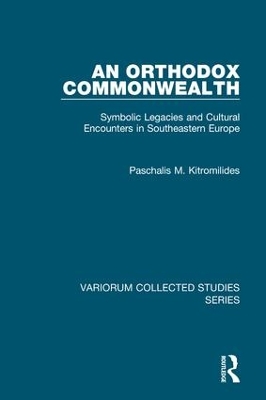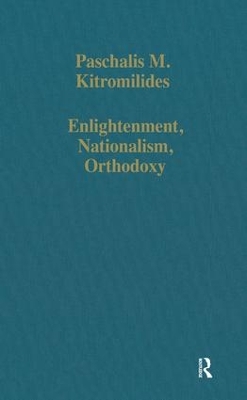Variorum Collected Studies
2 total works
This collection brings together fifteen studies on the survival and adaptation of the Orthodox religious and cultural tradition in the societies of Southeastern Europe after the fall of Constantinople, a world so often misunderstood and misinterpreted. This problem of cultural history is examined in a diversity of contexts and on multiple levels of analysis in order to elucidate issues of broader concern to social theory such as the fluidity and dynamic character of identity, the intricate encounter of religion and politics and the challenge of secular world views such as the Enlightenment and nationalism to traditional religious outlooks. The author argues consistently against all forms of reductionism, converses at length with the sources in order to pose questions to conventional views and invites the historical imagination to recover and understand a world submerged by the nationalist interpretation of the past. This task involves the recovery of the geographical pluralism that made Orthodox culture a truly transnational phenomenon. The collection accordingly brings into focus both the epicentres of Orthodox culture and symbolism such as Mt Athos and Constantinople, but also its hinterlands in Asia Minor and the Balkans.
The first section of this volume aims to examine various aspects of the impact of Enlightenment thought in the Balkans in the 18th and 19th centuries. Particular topics include the idea of modernization, with respect to the role of science or the position of women, and the growth of new forms of political consciousness, but Professor Kitromilides is throughout concerned with the conflict between these incoming political, cultural and religious ideas and the traditions of Orthodoxy which had dominated the region under the Ottomans. Of the articles, a number focus specifically on the Greek world, both before and after the creation of an independent Greek world, and extend the coverage to include Greek communities beyond Europe. Similarly, the second part of the volume, on dilemmas of nationalism, looks also at Greek irredentism in Asia Minor and Cyprus. The final item combines bibliographical additions with the author’s further reflections on the subjects covered here and their historiography.

